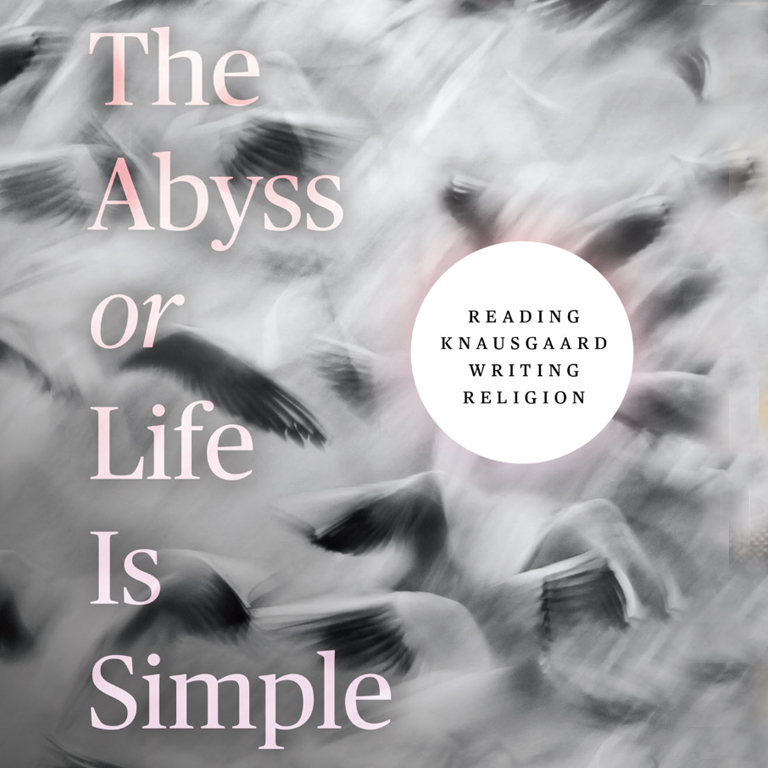In 2015, Winnifred Fallers Sullivan, M. Cooper Harriss and a group of scholars began meeting to discuss the peculiarly religious qualities of Min kamp, or My Struggle, a six-volume novel by Karl Ove Knausgaard and one of the most significant literary works of the young twenty-first century. Published in Norwegian between 2009 and 2011, the novel presents an absorbing first-person narrative of the life of a writer with the same name as the author, in a world at once fully disillusioned and thoroughly enchanted.
Some of the gathered scholars were interested in Knausgaard’s attention to explicitly religious subjects and artworks, others to what they saw as more diffuse attention to the religiousness of contemporary life. The group wondered what reading these textures of religion in these volumes might say about our times, about writing, and about themselves. The Abyss or Life Is Simple is the culmination of this collective endeavor—a collection of interlocking essays on ritual, beauty, and the end of the world.
Hannah Garvey, a doctoral candidate in religion, textuality, and cultural imagination, was the co-author of the volume published by University of Chicago Press. Garvey, who served as the rapporteur for a collection and contributed the book’s “Outro”—a reflection on “listening to ourselves and each other,” and the negotiations of intellectual community.

 The College of Arts
The College of Arts